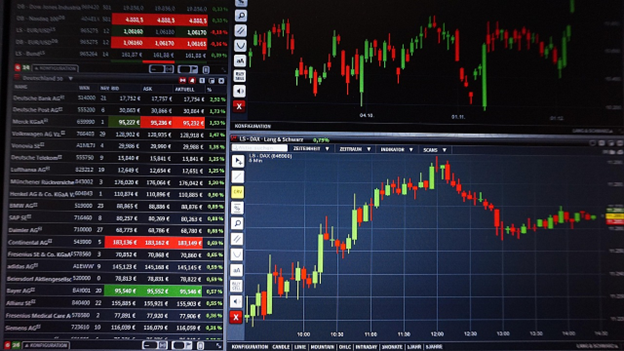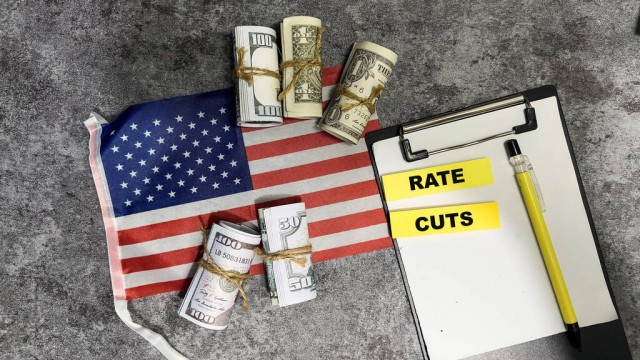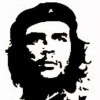The notion that “the market needs you to trade” exposes a harsh truth: markets flourish when traders behave predictably—when emotion replaces discipline. In our previous discussion, we looked at how impulsive decisions born of ego, urgency, or fear feed liquidity to more composed participants.

This time, we focus on the counterattack—how top-performing traders reclaim control by anchoring themselves in purpose, mastering process, and building the inner resilience required to turn stress into strategic strength.
Trading as Performance: The Real Contest Lies Within
Trading isn’t a duel with the market—it’s a performance art. Like a professional athlete, martial artist, or musician, a trader’s true challenge is internal. The real opponent is the self: fear of loss, hunger for validation, and the ego’s constant need to be right.
Victory doesn’t come from prediction—it’s earned through preparation, discipline, and the ability to stay fully present in every trade.
Purpose: The Remedy for Ego
Beyond the Flash: Many begin their journey lured by dreams of fast cars and quick riches. Yet, those who endure discover a higher motivation—growth, mastery, freedom, and the satisfaction of skill refined through discipline.
Defusing Desperation: When ego shouts, “I have to win now,” it fractures focus and corrupts process. Traders rooted in purpose embrace patience. They understand that lasting success comes from time and consistency, not urgency.
Process Over Praise: Ego-driven traders crave recognition—wanting to be right, exceptional, or admired. Purpose-driven traders, on the other hand, align with process. They execute plans rather than emotions, treating both gains and losses as feedback, not judgment.
Mastering the Ego (Without Suppressing It)
Recognize It: Ego isn’t the enemy—it’s information. Notice when it starts steering decisions, then redirect focus toward purpose.
Detach from Outcome: Your value isn’t measured by profit and loss. What defines your edge is the consistency and quality of your process, not the scoreboard.
Reframe Emotion: Fear, envy, and frustration are signals, not threats. Don’t silence them—assign them roles. Let fear enhance risk awareness, let envy remind you of standards, and let frustration refine your patience.

Process Before Outcome
Systematic Execution: Through repetition, trade plans—entry, exit, sizing, and risk management—become second nature.
Focus on What You Control: The trader can’t dictate market direction but can master preparation, execution, and post-trade review.
Effortless Consistency: With time, discipline transforms from effort into instinct, allowing space for sharper analysis and clearer thinking.
Embracing Market Reality
The Market Isn’t Wrong: It doesn’t punish or reward—it simply is. Adaptive traders stop resisting and start aligning with its rhythm.
Effectiveness Over Ego: Trading isn’t about being “right”; it’s about being effective—preserving capital, managing risk, and exploiting opportunity when it arises.
Building Psychological Strength
Establish Boundaries: Emotional firewalls protect decision-making during volatility.
Strategic Inaction: Patience is an active skill. Waiting for genuine edge guards both capital and clarity.
Train Like an Athlete: Breathing drills, visualization, and stress conditioning cultivate composure under pressure.
Stay Accountable: Mentorship, peer review, and community feedback keep you objective and aligned with process.
Learn from Market Masters
Study timeless wisdom from trading legends—books and biographies that turn insight into instinct, and theory into conviction.
Summary: Trading with Purpose
The market thrives on impulsive traders—but professionals step outside that cycle. They don’t resist pressure; they reinterpret it. They don’t react; they reflect. In doing so, they turn uncertainty into advantage and pressure into precision.
And it all starts with a purpose strong enough to survive the storm.
Learn from market wizards: Books to take your trading to the next level


 Hot Features
Hot Features













